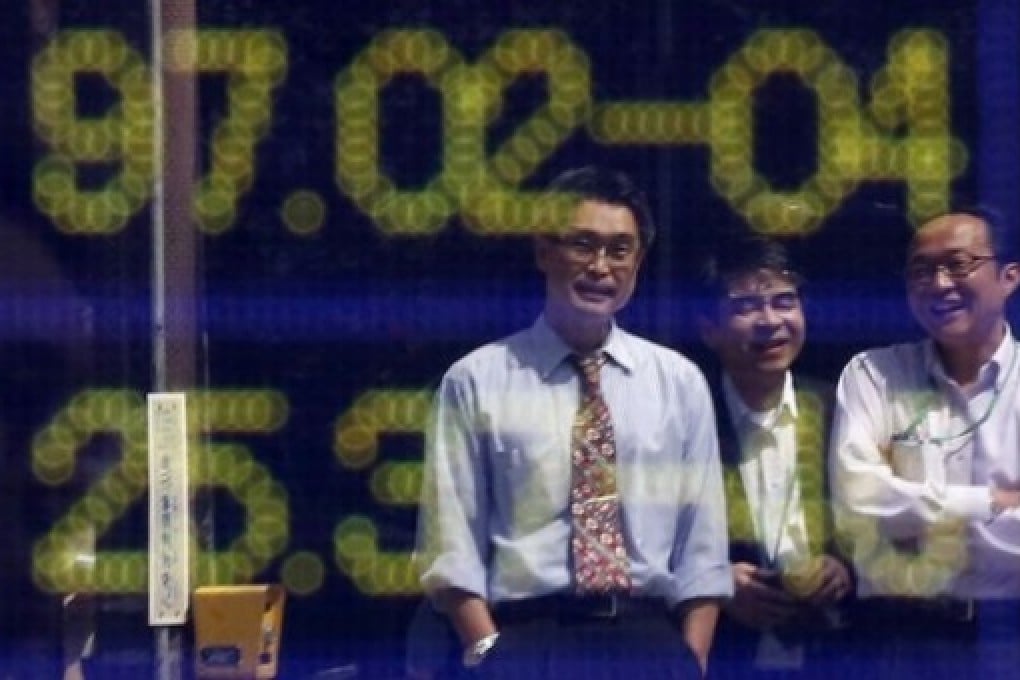
The word “sustainability” is so widely used in our contemporary age that it has for long hit the popular list of buzzwords in business literature and talks. But what does it really mean: for a system, structure, or set of actions of any nature—social, political, economic or ecological—to be considered as sustainable, does it have to be in perpetuity? Who can guarantee what the future will hold?
While it may be meaningless to quest for an exact measurement in timing for qualifying sustainability, Daniel W. Bromley’s interpretation is enlightening enough: “sustainability concerns the specification of a set of actions to be taken by present persons that will not diminish the prospects of future persons to enjoy levels of consumption, wealth, utility or welfare comparable to those enjoyed by present persons.”
In the context of economic development, people’s consciousness and conscience about the need for sustainability were awakened primarily out of the high prices societies have to pay for relentless industrial growth, particularly in terms of irrecoverable damages to health and the ecological environment. Indeed concern nowadays about the ability of a business enterprise to endure the test of time is increasingly no more just restricted to the sustainability of market demand, henceforth, its revenue stream, profitability and cash flow, but related to the social and environmental impact of its economic activities, and the adverse reactions and consequences it may have to deal with; hence the need for a sustainable business model.
Building a sustainable business model needs to start with the people, more precisely, their mindset. Entrepreneurs and business executives need to be awakened to or reminded of the fundamental truth underlying the façade of all human activities—social, political and economic—in order to lay the cornerstone of sustainability:
1. The interconnectivity of all things in the world means that the life and death of one part of it may affect that of the other in one way or another, and vice versa. Though not necessarily played out in a readily observable manner, the cause and effect relationship is certainly everywhere.
2. Collectivity is the nature of any society. As such, individualism has to rest on mutual-respect; peace and harmony on common interests; and prosperity on shared values.